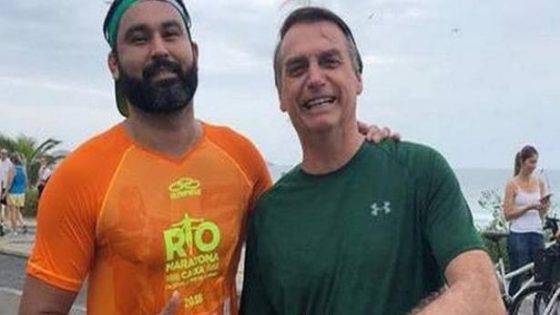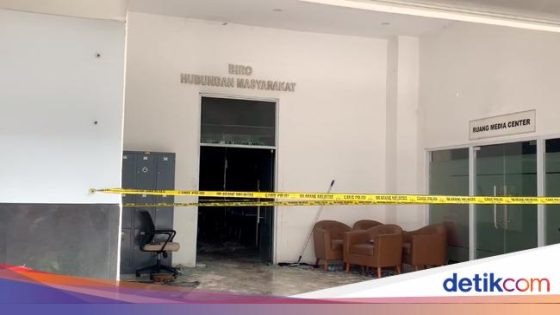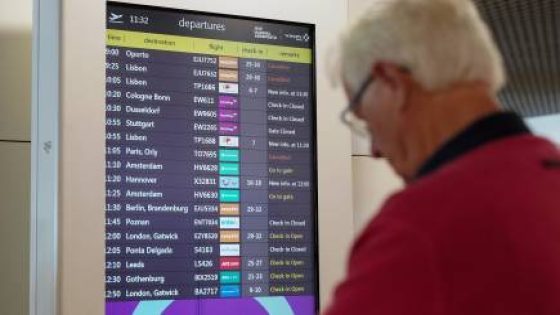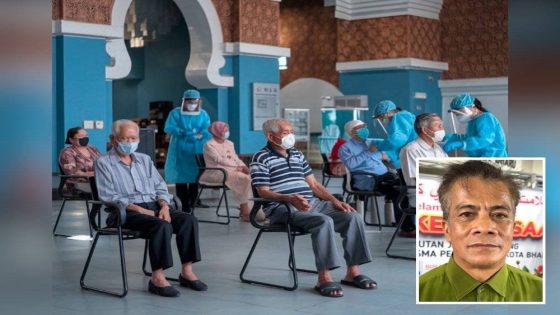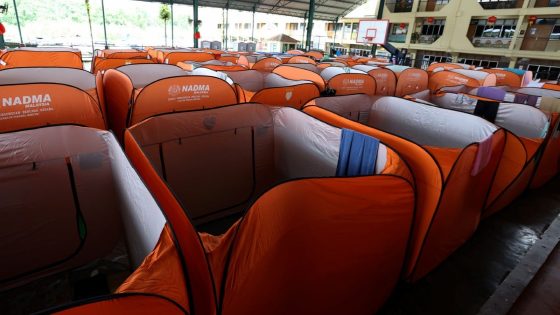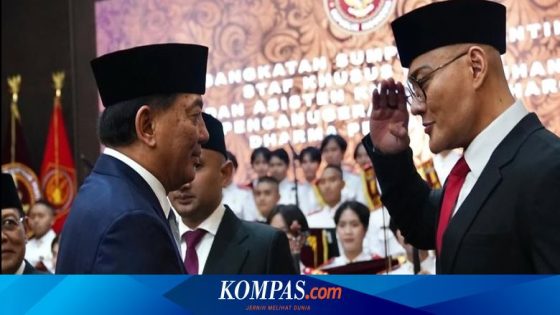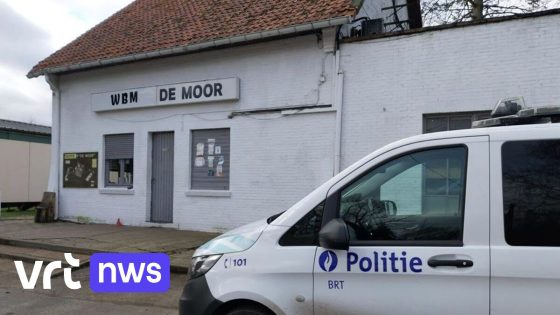Léo Índio, a controversial figure in Brazilian politics, recently expressed feelings of exclusion from key events, including the January 8 protests. His comments come amidst serious allegations from the Federal Police, suggesting he was not fully committed to the anti-democratic movements due to family tensions. What does this mean for Brazil’s political landscape?
- Léo Índio claims exclusion from January 8 events.
- He faces five criminal charges from PGR.
- Allegations include participation in anti-democratic activities.
- Evidence suggests involvement in military camp protests.
- Instagram post linked him to Congress vandalism.
- STF will decide on accepting the indictment.
Léo Índio’s Allegations: What You Need to Know About the January 8 Protests
Why is Léo Índio’s involvement in the January 8 protests significant? The allegations against him highlight a broader issue of political unrest in Brazil. His reported feelings of being “left out” suggest deeper divisions within the political landscape. Could this affect future protests and political movements?
Understanding the Charges Against Léo Índio and Their Implications
Léo Índio has been accused of multiple crimes, including armed conspiracy and attempting to overthrow Brazil’s democratic government. These charges are serious and could lead to significant legal repercussions. Here are some key points regarding the allegations:
- He is linked to the January 8 protests, which aimed to challenge the government.
- Evidence suggests he participated in anti-democratic activities post-2022 elections.
- His social media activity raises questions about his motivations and involvement.
- The Supreme Federal Court will decide whether to accept the charges against him.
The Role of Social Media in Political Movements: A Double-Edged Sword
Social media plays a crucial role in shaping political narratives. Léo Índio’s Instagram post from January 8, where he shared a photo on the Congress rooftop, illustrates this. His initial pride turned to justification as backlash grew. How does social media influence public perception of political figures?
Potential Outcomes for Léo Índio and Brazilian Politics
The Supreme Federal Court’s decision on the charges against Léo Índio could set a precedent for handling political dissent in Brazil. If he is found guilty, it may deter similar actions in the future. Conversely, an acquittal could embolden anti-democratic movements. What does this mean for the future of Brazil’s political stability?
Family Dynamics and Political Allegiances: A Complex Relationship
Léo Índio’s reported estrangement from his family adds a personal layer to the political drama. His feelings of being “left out” may reflect broader tensions within political families in Brazil. How do personal relationships impact political decisions and public actions?
As Brazil navigates these turbulent political waters, the outcome of Léo Índio’s case will be closely watched. It serves as a reminder of the intricate ties between personal and political realms.



